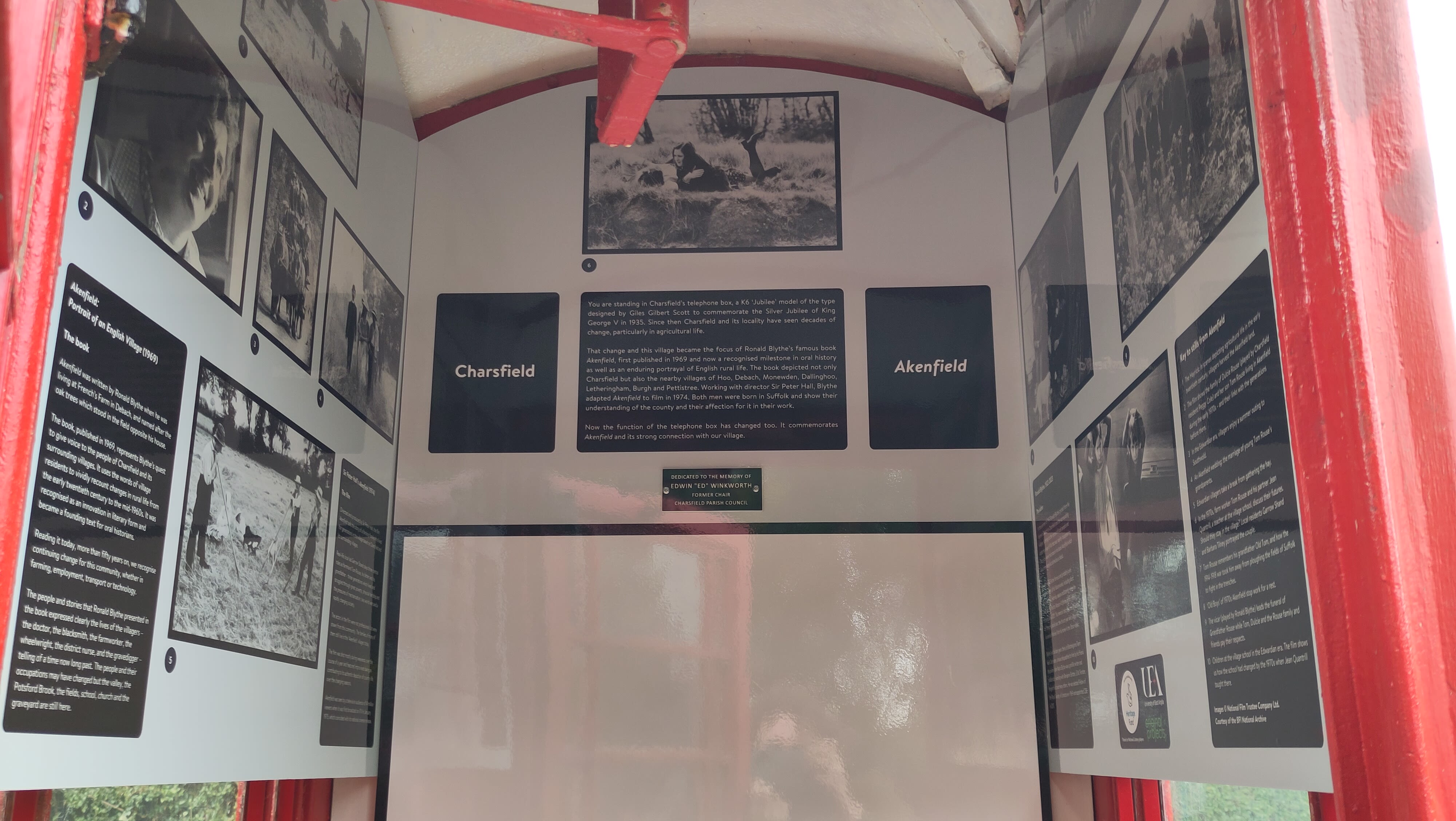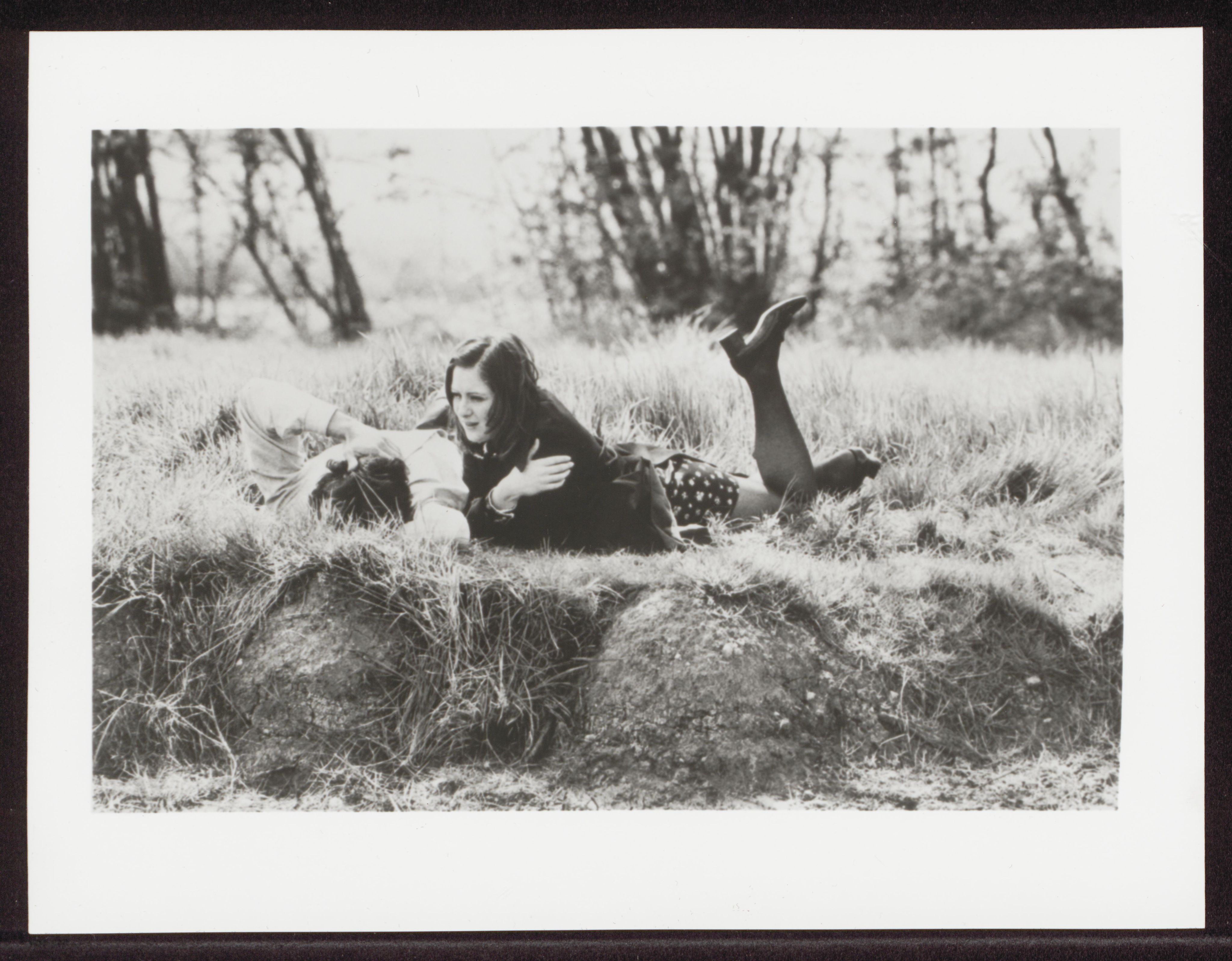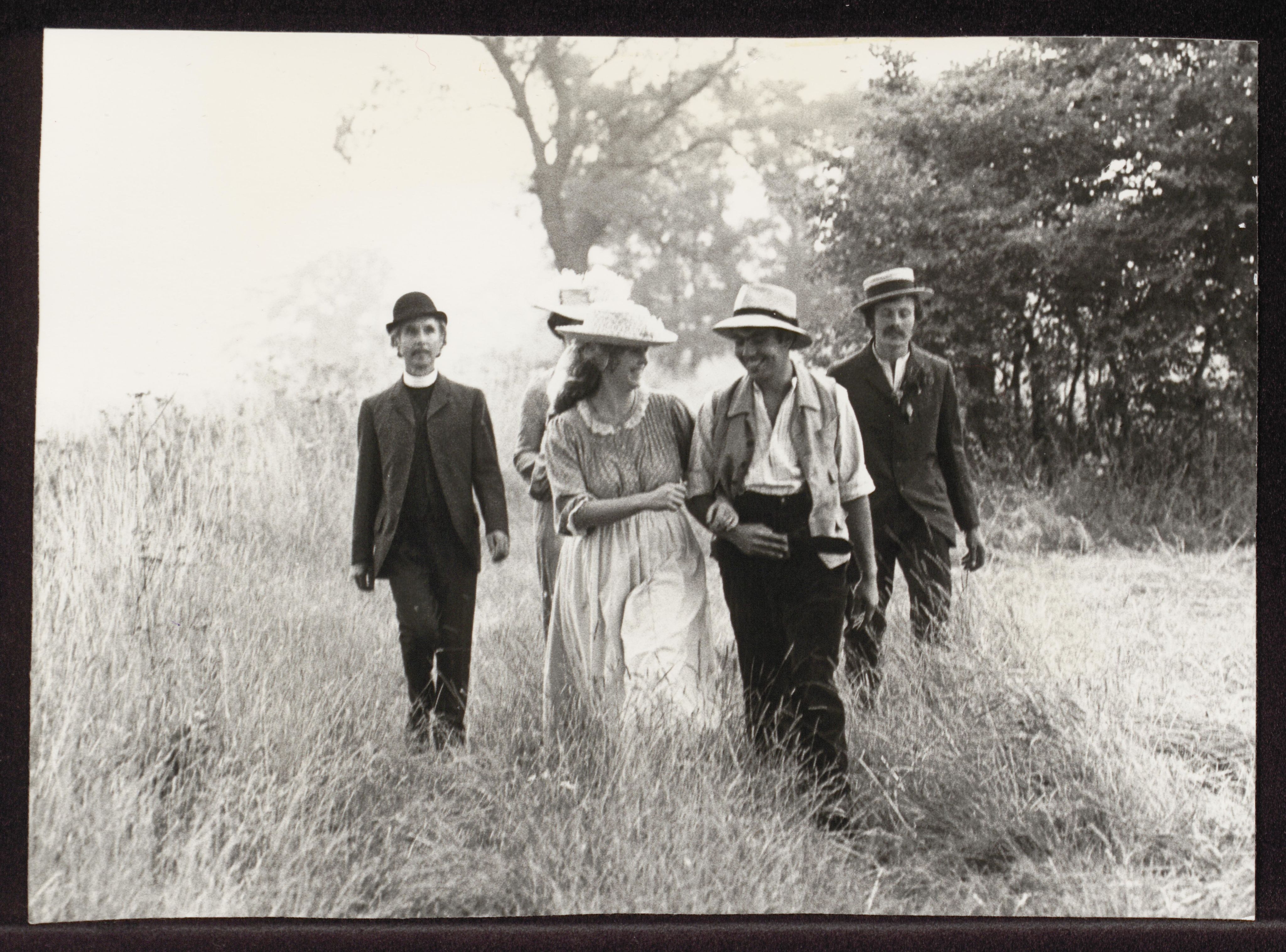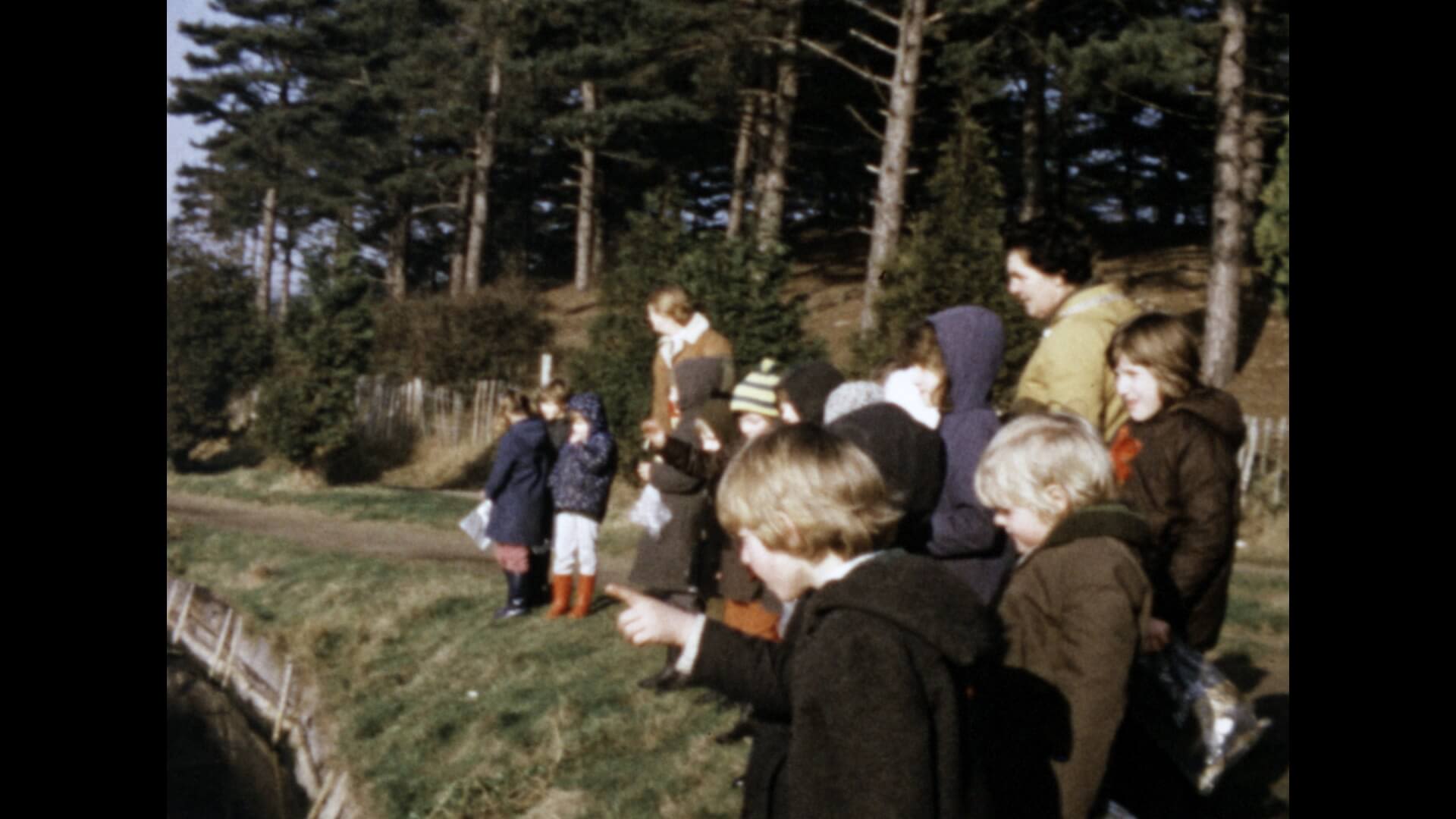Exploring Akenfield at 50
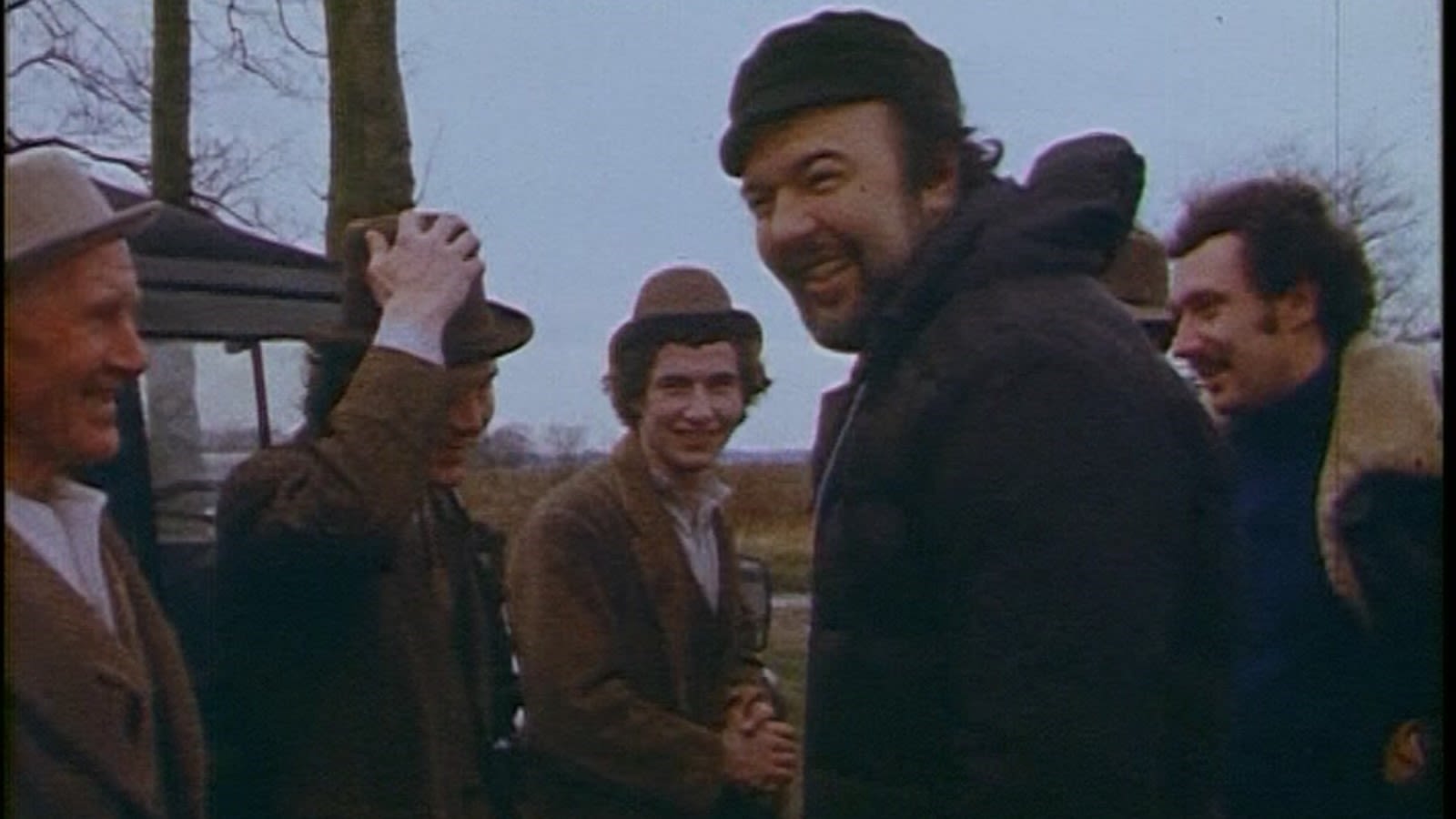
Akenfield: Portrait of an English Village
Akenfield: Portrait of an English Village, was written by Ronald Blythe and published in 1969. Depicting life in Suffolk villages, it was based on the recollections of farmers, artisans and residents living near the author in the 1960s. The book became an international bestseller and was translated into more than 20 languages, becoming widely studied in high schools and universities in America and Canada. In 1974, the book was adapted for film by Sir Peter Hall and was seen by a television audience of 14 million viewers when it was first broadcast on ITV in January 1975, becoming the first film to be simultaneously shown on terrestrial TV and released in British cinemas.
The film Akenfield tells the story of a farming family who lived for generations in the village based on Charsfield and its surrounding villages. Real-life local lad Garrow Shand plays three central roles as farmhand Tom Rouse, his father and his grandfather – three generations which lived and struggled through great poverty, physical hardship and the pressures of mechanisation, two world wars and a rapidly changing society. The actors in the film were not professionals but were drawn from this Suffolk community and the families of many of them still live in the area today. It was acclaimed on release as “one of the best films - and certainly the most unusual - made in and about England”.
Phone box in Charsfield, image credit: National Film Trustee Company ltd. / Courtesy of the BFI National Archive. Display designed by Kaavous Clayton
Phone box in Charsfield, image credit: National Film Trustee Company ltd. / Courtesy of the BFI National Archive. Display designed by Kaavous Clayton
Charsfield's Akenfield
In Charsfield itself, a K6 ‘Jubilee’ phone box has been transformed into a permanent exhibition honouring the film, thanks to the National Lottery Heritage Fund. This intimate display features stills from the film, accompanied by explanatory text developed by CreativeUEA in partnership with Charsfield Parish Council and originalprojects;, an arts organization based in Great Yarmouth.
“Charsfield is very grateful to the Heritage Lottery Fund, the University of East Anglia and East Suffolk Council for giving us a lasting legacy which celebrates the film Akenfield together with a temporary exhibition area to showcase our village talents now and in the future”.
A full day of events at the University of East Anglia marked the 50th anniversary of the film.
Regarding her memories of Akenfield, Jenny Hall recounted: “The film that my father, Ronald Blythe and Rex Pyke made together in 1974 through their company Angle Films, was an absolutely bonkers endeavour. Filmed on weekends, with no professional actors, no distributor, a synopsis (by Ronnie) rather than a script…it seemed like a recipe for disaster. But after filming finished, my father wrote to Benjamin Britten; ‘it is quite amazing what the people of Suffolk have done" and he was so proud."
"It’s hard to put into words just how much this film meant to everyone who was involved, and how much it continues to mean to the extended community.”
Image credit: National Film Trustee Company ltd. / Courtesy of the BFI National Archive
Image credit: National Film Trustee Company ltd. / Courtesy of the BFI National Archive
Image credit: National Film Trustee Company ltd. / Courtesy of the BFI National Archive
Image credit: National Film Trustee Company ltd. / Courtesy of the BFI National Archive
Akenfield Now
In 2020, the University of East Anglia (UEA) was awarded £76,300 from the Heritage Lottery Fund (HLF), thanks to money raised by National Lottery players, for a project to continue the oral history of the Suffolk communities who were the subject of the original Akenfield. The project Akenfield Now was led by Professor John Gordon, of UEA’s School of Education and Lifelong Learning, and involved Suffolk residents and students from Kesgrave High School in Ipswich, Sir Thomas Mills High School in Framlingham, and UEA. It aimed to introduce young people to oral history and film archiving and saw students working with the East Anglian Film Archive (EAFA), Norfolk Record Office, BBC Voices, Empty Vessel theatre company and expert oral historians, to make films to match oral history accounts of life in the area. The project was also the focus of a BBC Archive on 4 broadcast, also called Akenfield Now and presented by a student of Kesgrave High School.
Akenfield’s legacy continued last year with our Akenfield festival and Charsfield’s commemorative phone box.
“We are delighted to be celebrating Sir Peter Hall’s innovative film in East Anglia, with people who have had a close connection with Akenfield in their daily lives, as viewers and readers, or in their creative work. Akenfield is an important and thought-provoking representation of East Anglia which means a great deal to people in the region. It also reflects a spirit of cultural innovation that remains strong in the East of England. We hope more people can get to know Akenfield through our celebrations and the unique phone box exhibition originated by the Charsfield community”.
More links:
Akenfield Now - East Anglian Film Archive (eafa.org.uk)
UEA’s Akenfield Now project wins National Lottery support | UEA
Images kindly provided by ITV Anglia and the BFI

